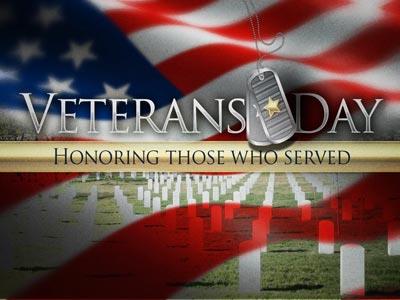-
The Biblical View Of War
Contributed by Jeff Simms on Nov 28, 2017 (message contributor)
Summary: Looking at war and the biblical view for the Christian about war
The Biblical View of War
Romans 13:1-4
Primary Purpose: To show the Biblical viewpoint of when war is necessary and just
There is a lot of talk these days about a possible war with Iraq. In the news this week, President Bush said again that for the sake of peace, he (being Saddam Hussein) must completely disarm.” He indicated that if he does not that he would be disarmed by our military and allies. In the light of this, I think it’s important that we ask ourselves what the Biblical view is of war. When is war appropriate or necessary. Is war a sin? How should a person respond if they are asked to serve in the military? What did Jesus say about war? These are some of the questions I want to look at.
First, when is war appropriate or necessary. In our text today in Romans 13:1-4 we see that the government has a responsibility to it’s citizens. It is there to punish the wrongdoers and to reward those who are doing right. The rulers are said to “hold terror for those who do wrong”. In other words, it has a right to punish and protect it’s citizens. Unfortunately, we live in a evil world, where rulers like Saddam Hussein, Hitler and Stalin have at times found their way to power. We should recognize the role of government as God given. For it says “there is no authority except that which God has established.” We need to remember that Paul is writing this when Roman rule was established over Jerusalem and the known world. Christians would be accused of committing treason by pledging allegiance to Christ as King. Paul then recognized Rome as the rule that God has placed in authority at that time.
It is important to note that when soldiers asked John the Baptist what they should do in keeping with repentance. He didn’t tell them to lay down their weapons. Rather, he tells them to be content with their pay.(Lk 3:14). Jesus didn’t have any words of condemnation for soldiers doing their duties even though he had many opportunities to speak against them if he chose to.
David was a soldier in many battles. He was never said to have committed murder on the battlefield. The only murder that he was guilty of was that of Uriah. This despite the fact that David went into battle many times and killed hundreds of men. We would conclude then that war is not sin.
We see examples also in the Old Testament of times when God ordained war as a way of punishing a people group. See 1 Samuel 15:18 and Deut 28:7. Deut 9:4-5 says that God used Israel to judge the nations who were in the promise land before them because of their sins.
God also at times used Babylon and Assyria as tools to judge Israel because of their sins.
This doesn’t mean that God enjoys war or looks forward to it. The word says that God doesn’t even delight in the death of the wicked. Rather, war is a last resort. If God does lead our nation into war we have a responsibility as believers.
1. We are to intervene for our country in prayer. Our country has really taken backwards steps away from God in the last few generations. More and more youth are walking away from church. People act as though they don’t have time for God. We should stand in the gap for our country and pray that God would turn our hearts back to Him.
2. We should pray for our leaders. They are in a appointed place by God for leadership, therefore, we should pray they would understand God’s will for the country and themselves. We should pray that God would give them wisdom
3. We should pray for the safety of our troops. In all likelihood, people die in warfare, even those that may be lopsided in favor of one or another. Children lose their parents in warfare, innocent people are sometimes killed, lives are changed forever. We should pray that God would spare us a long war and that God would give safety to our troops that are there for our freedom

 Sermon Central
Sermon Central



